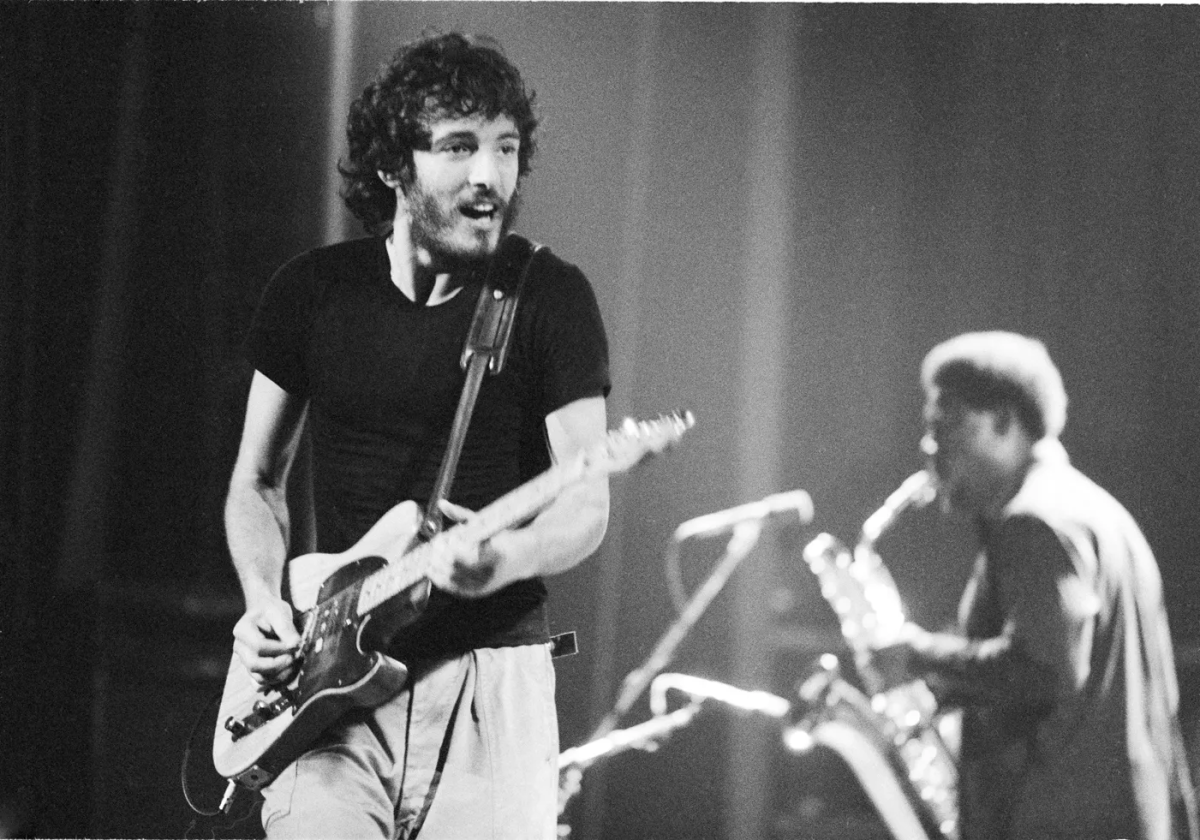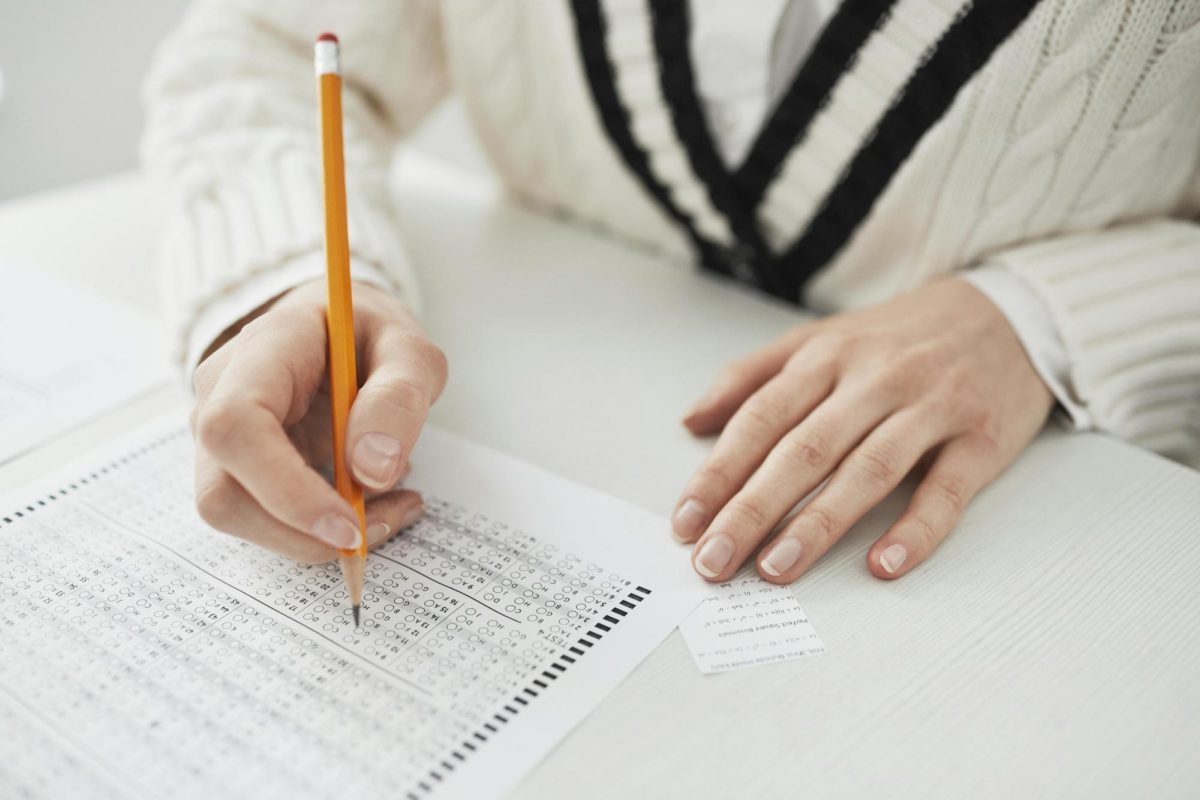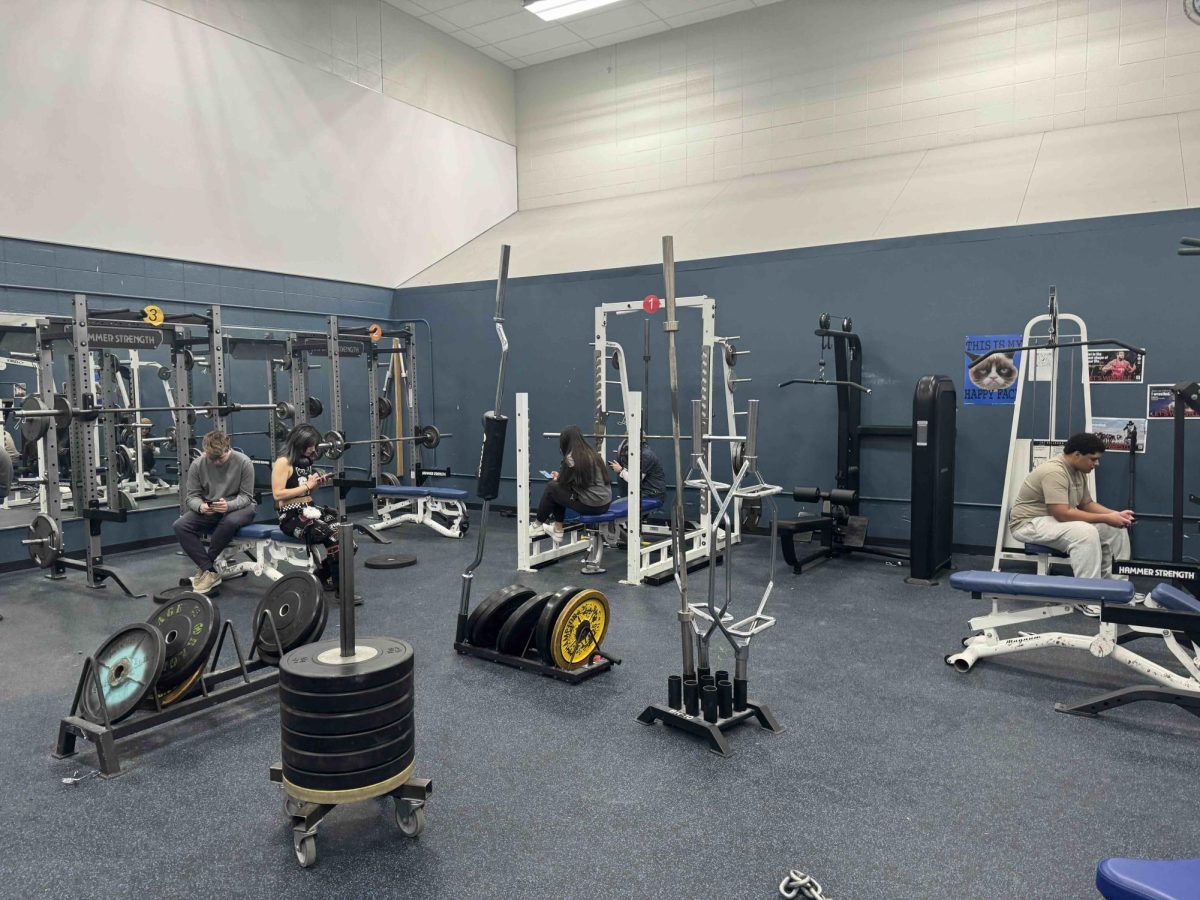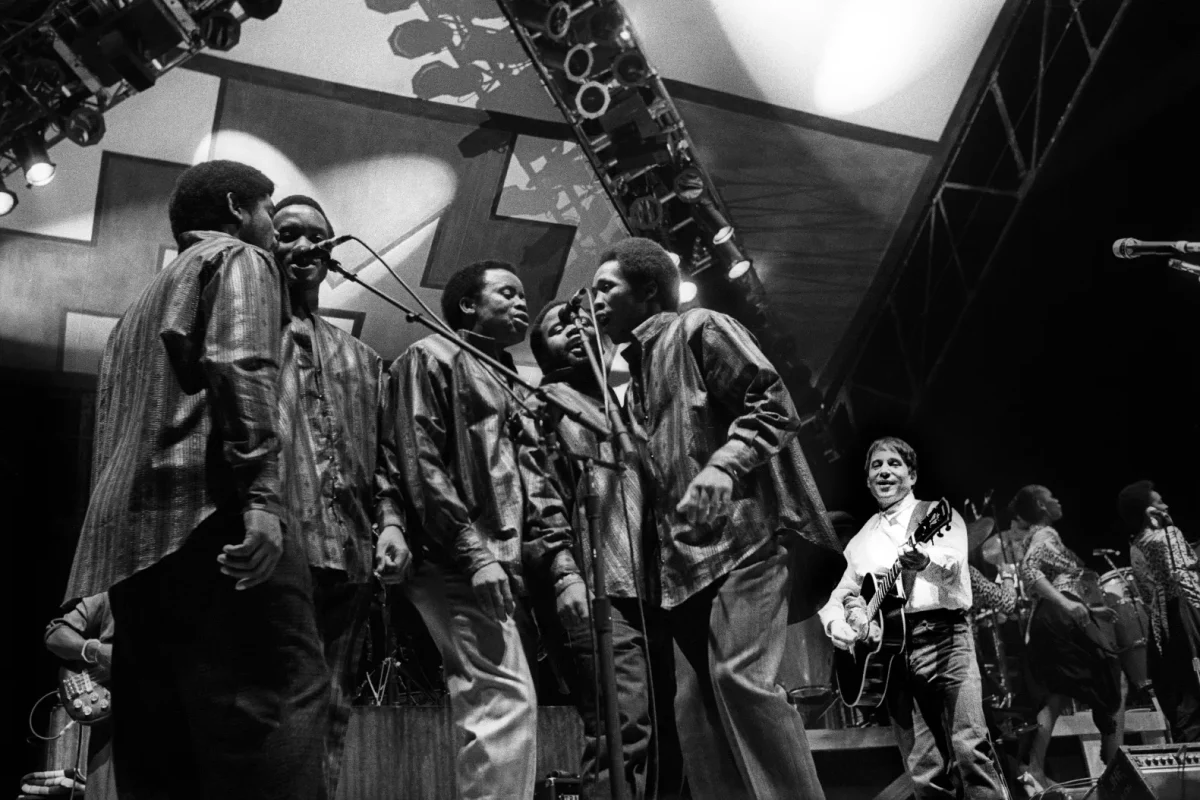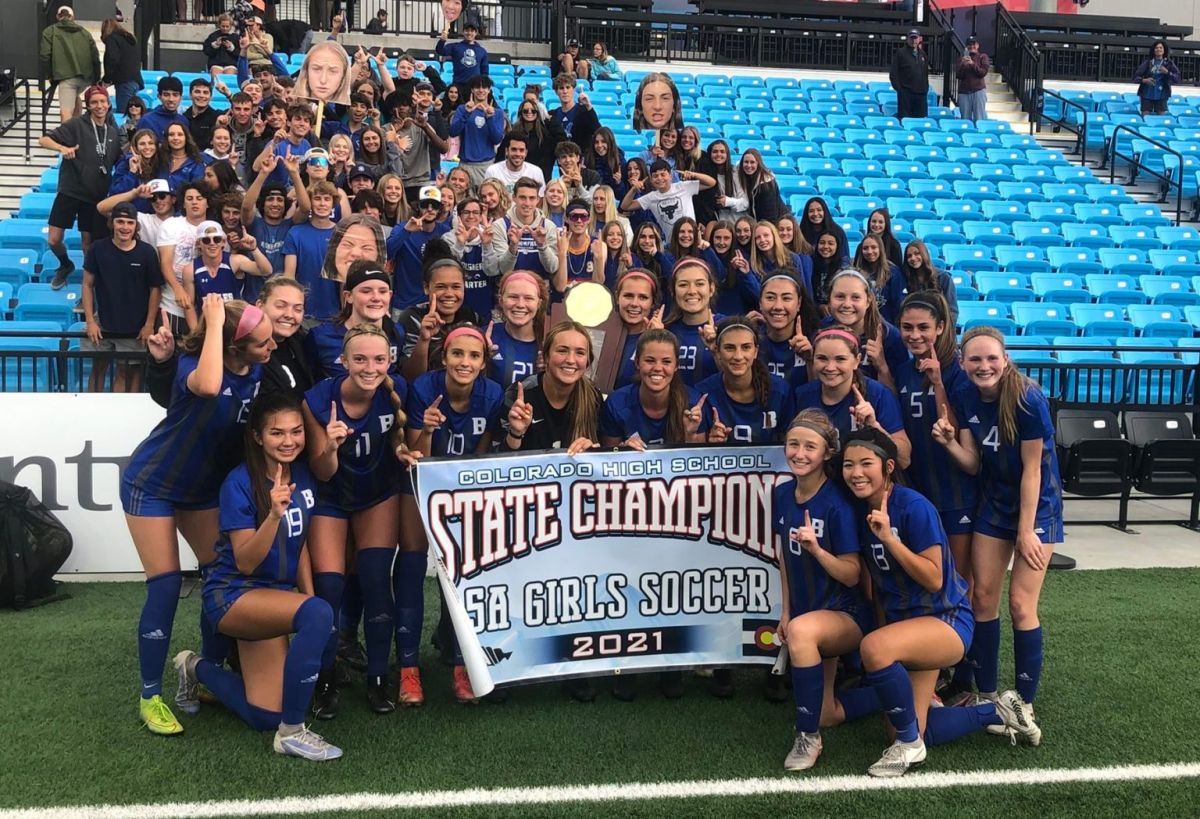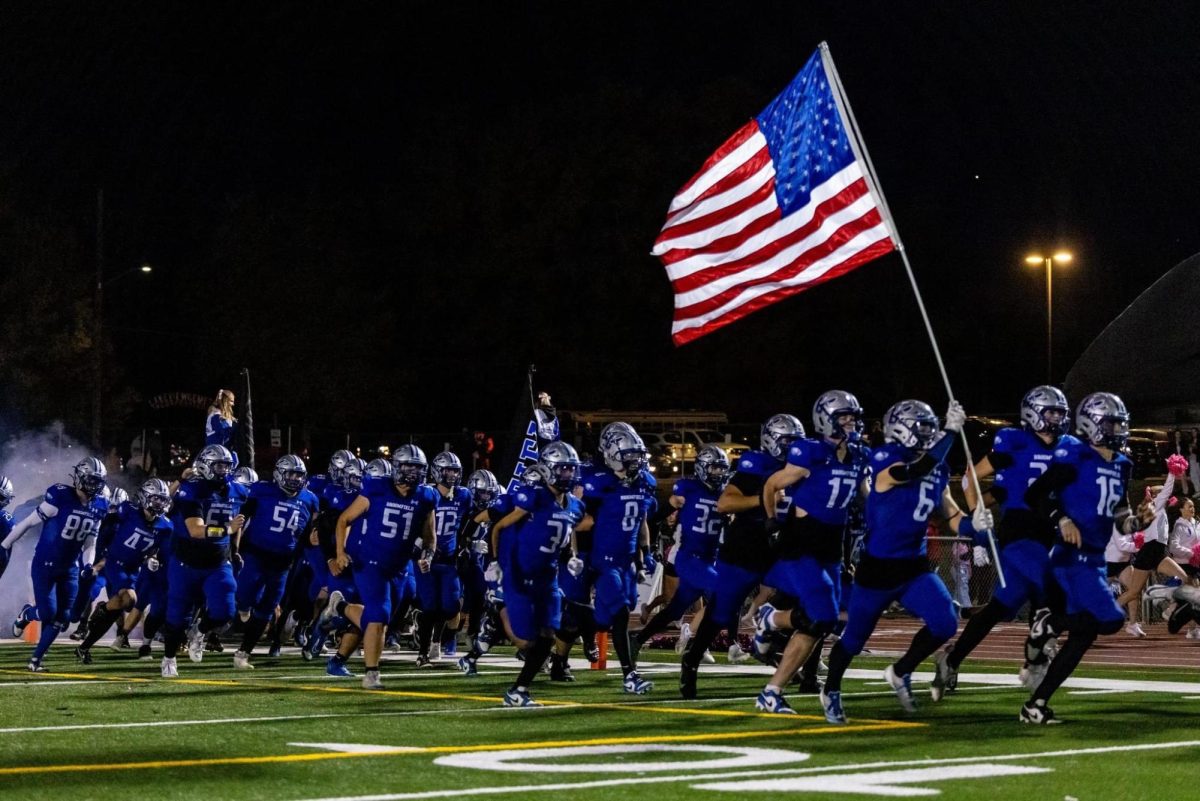Despite no caucus or primary victories, Donald J. Trump appears to be the frontrunner in the republican party. If he receives this nomination, he will most likely seek out a new running mate as Mike Pence certified the 2020 election, crossing Trump in the process. It isn’t apparent who Trump will select as his vice president. Will he lean toward a more experienced politician like Pence, or will he target a loyal newcomer; will he even choose a politician? All of these questions provide intriguing results. Here is a list of potential candidates:
Marco Rubio
Rubio, a republican senator from Florida, was once seen as a rising star in national politics after his upset senate victory in 2010, 13 years ago. In the time since, Rubio has remained a notable, not quite significant figure, in U.S. politics. Trump and Rubio have proven to have an amicable relationship, with Trump even considering Rubio for Secretary of State. Rubio, a descendant of Cubans who speaks fluent Spanish, would appeal to Latin American voters, a group Trump needs support from to win the pivotal battleground states of Arizona, Nevada, and Florida. Rubio would be a dull, albeit wise, choice.
Tom Cotton
Tom Cotton is a rising star in the Republican party and, at 46, is 31 years younger than Trump. The Arkansas senator is an Iraq war hero and an effective legislator, though his hawkish foreign policy may clash with Trump’s “America First” ideology. Cotton also voted to confirm Biden’s victory over Trump. Cotton is likely a party choice for Vice President, though I doubt he ranks highly on Trump’s list of candidates.
Vivek Ramaswamy
With Trump not partaking in republican debates, Vivek Ramaswamy has filled his role. The youthful businessman has developed a lukewarm following in some sectors of Trump’s base, though he has alienated as many voters as he has attracted. Ramaswamy is a vicious debater and master at sounding like he has experience. A Trump-Ramaswamy ticket would provide the most engaging results, though I doubt either candidate can attract enough support from moderates to win nationally. Ramaswamy is a great popcorn candidate.
Rick Scott
This Floridian senator would likely lose a debate to a piece of drywall. That said, Scott has experience in both gubernatorial and legislative leadership; he is a former governor of Florida and one of the state’s senators. Scott is willing to work with Trump and would likely provide much-needed political experience to a Trump White House. Scott’s perfect election track record in the battleground state of Florida is also a nice plus. Scott would be a safe pick.
Tucker Carlson
Carlson is arguably more influential in spreading Trumpian ideals than Trump because Tucker has a remarkable trait that Trump lacks: articulate speech. His talking head post on Fox News was the most viewed television program in the nation, and his popularity within Trump’s voter base is rivaled only by Trump. Trump has proven interested in working with Carlson; he avoided the first republican debate in favor of an interview with The Tuck. Carlson would fail to excite uncertain voters in the way other running candidates could, as Carlson appeals most strongly to people already inclined toward Trump. Trump would also have to share the spotlight more than with Pence. Carlson as a running mate is a wild choice, but Trump has made crazier decisions.



